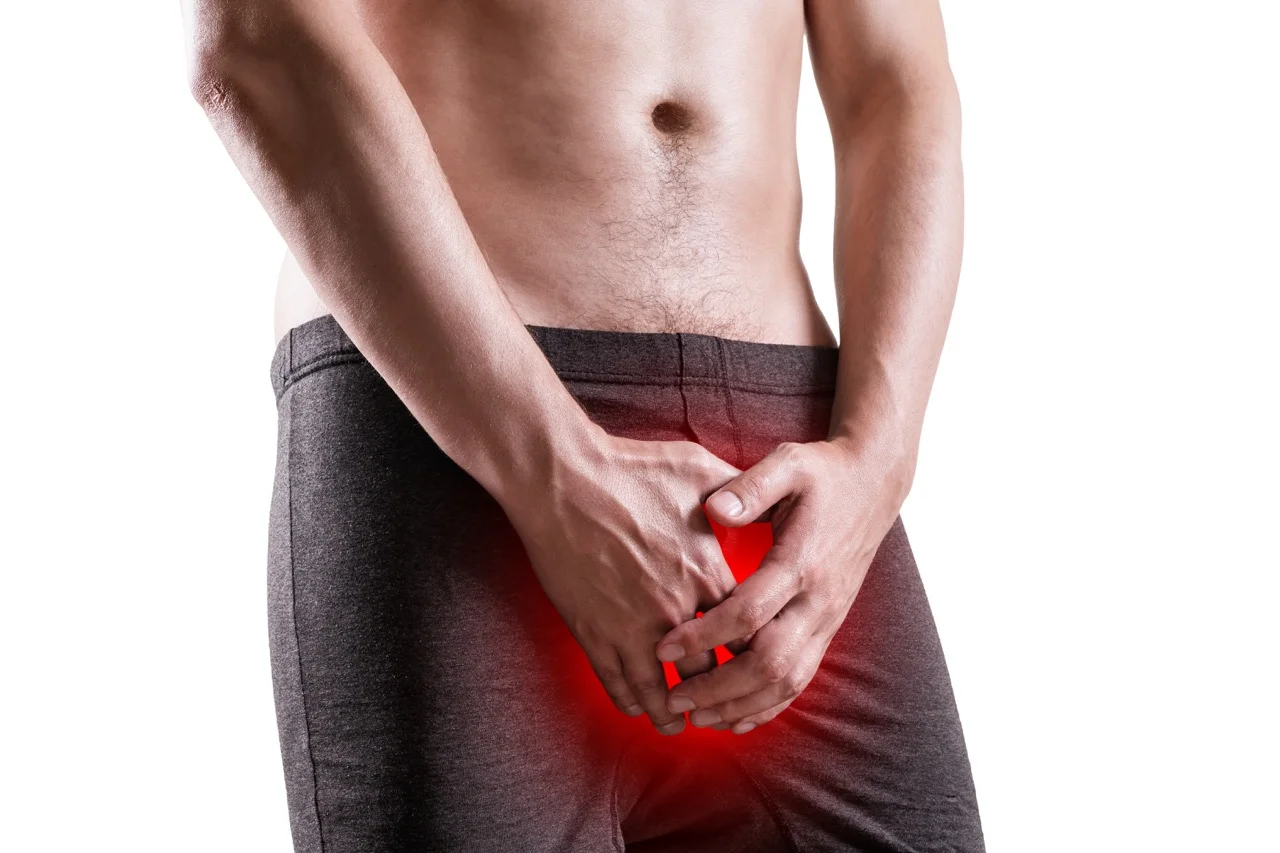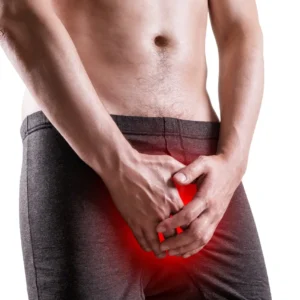Ensure your well-being with our comprehensive Sexually Transmitted Diseases Check Up . Do your health screen check up regularly. Sexually Transmitted Diseases programme tailered for you as a preventive treatment.
The Sexually Transmitted Diseases Panel can be quickly studied from a urine sample that you can give at home or at work.
What are sexually transmitted diseases?
Sexually transmitted diseases (STDs) are common infectious diseases transmitted from person to person through unprotected sexual contact.
Most infections transmitted through sexual contact are treatable and preventable diseases with correct and early diagnosis.
The microorganisms that cause STDs enter the body through mucosal areas such as the vagina, cervix, urethra, rectum and pharynx.
STDs are a very common and wide group of diseases that can be caused by different microorganisms such as bacteria, viruses and parasites.
The most common CHB agents are Herpes simplex virus-2 (HSV-2), T.pallidum, which causes syphilis, N.gonorrheae, which causes gonorrhea and C.trachomatis, which causes chlamydia. They often cause co-infections, facilitating the transmission of viruses such as Human Immunodeficiency Virus (HIV). Most STDs may not show symptoms for a long time. Even if STDs do not show symptoms, they are contagious and if left untreated, they can lead to serious complications such as pelvic inflammatory disease, cancer, infertility, and infections in the newborn.
What are the risk factors for Sexually Transmitted Diseases?
Multiple sexual partners, having multiple sexual partners in a sexual partner,
Past STD history, STD history and severity of sexual partner,
Type of sexual contact, having any STD,
Homosexual, bisexual or MSM sex preferences,
Alcohol, intravenous illegal drug use, having sex for money or drugs and having sexual contact with people who do or with sex workers,
Not using protective barriers such as condoms regularly (Birth control pills and intrauterine devices (IUDs) protect against pregnancy but do NOT protect against STDs,
Age (<25 years),
The best protection method against STDs is to avoid sex! Or long-term sex with a single STD-negative partner, using a condom for all sexual contact
How are sexually transmitted diseases spread?
Anyone who is sexually active can get CHBH.
People with CHBH can get the infection by having unprotected vaginal, anal or oral sex.
Transmission occurs through contact with body fluids of infected people, such as blood, saliva, semen, vaginal secretions.
It can be transmitted from mother to baby, through the placenta, before and during birth, after birth, or through breast milk.
HSV-2 can also spread easily through skin-to-skin contact.
How do you know if you have an STD?
Most STDs do not cause any symptoms that you can notice, you cannot know if you have an STD without getting tested.
If you have been with someone who does not have any symptoms like you, they probably will not know if they have an STD.
If asymptomatic people are not treated, complications such as infertility, ectopic pregnancy, etc. can develop, and it is important to remember that these people can transmit STDs.

